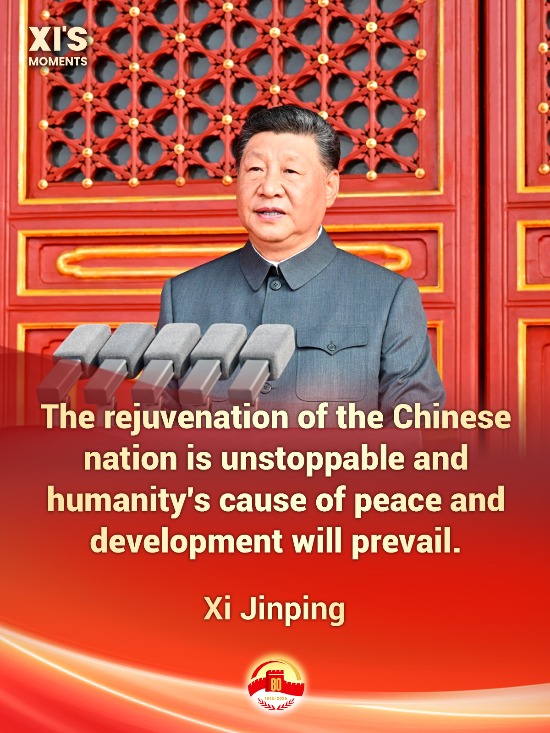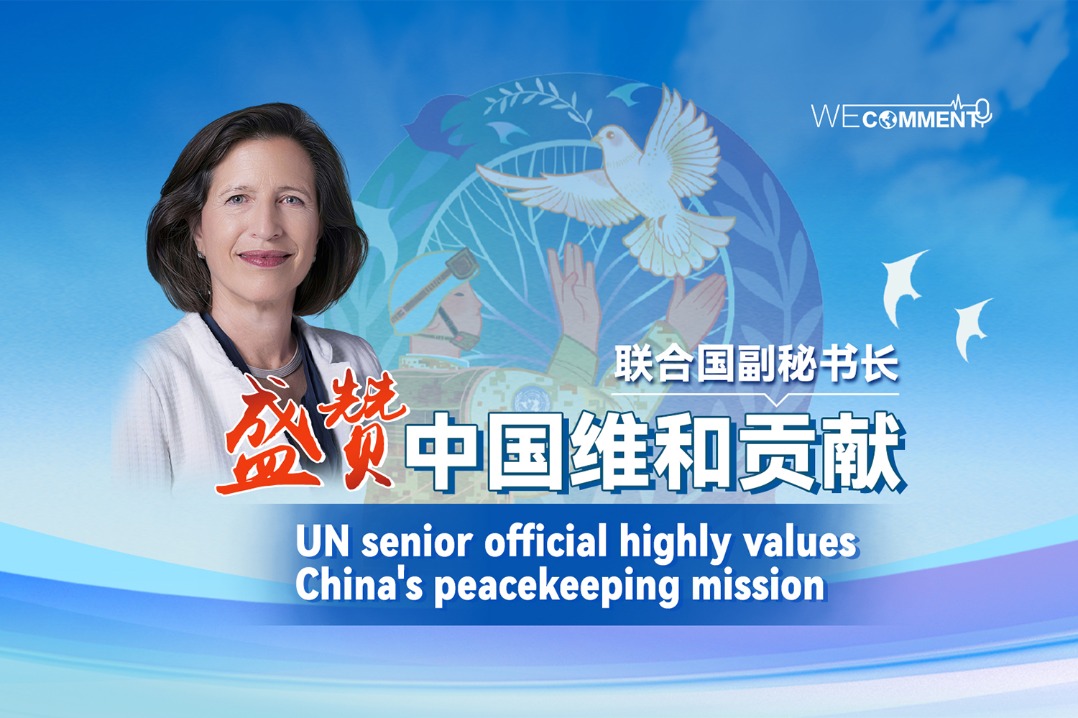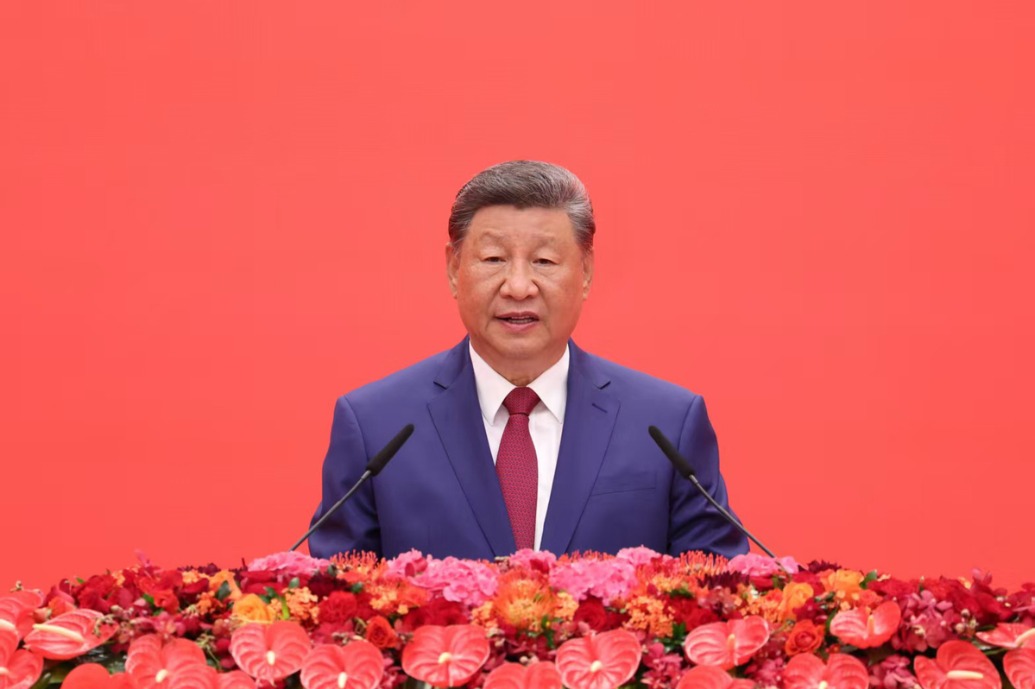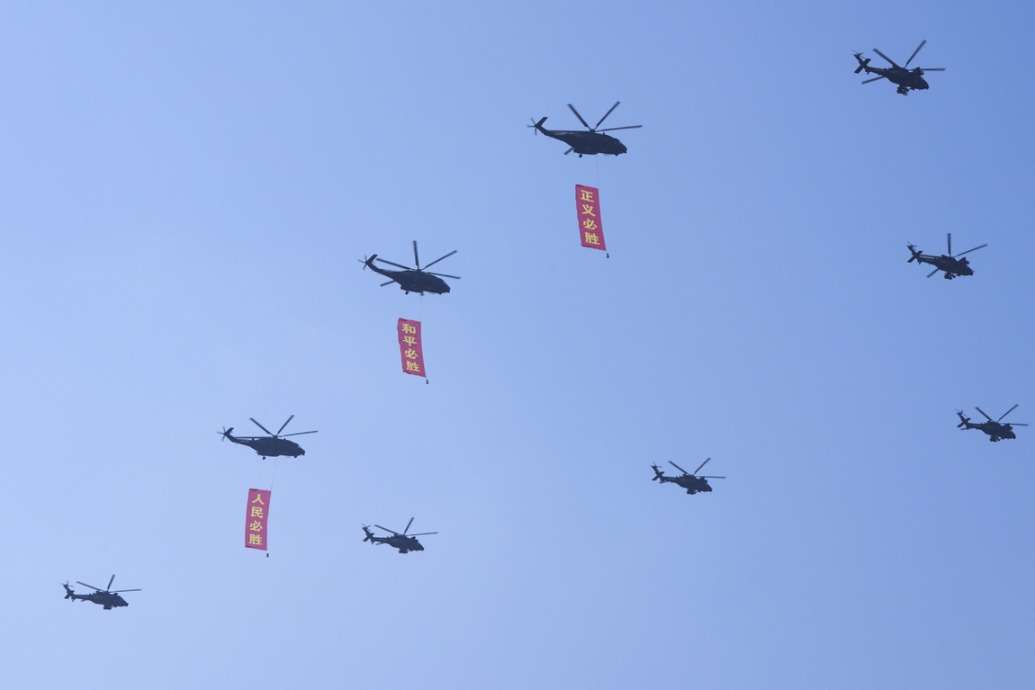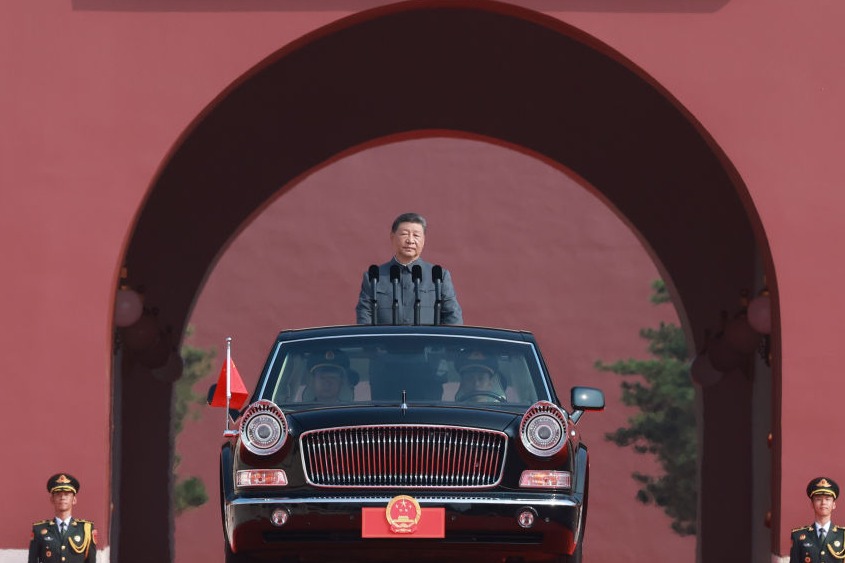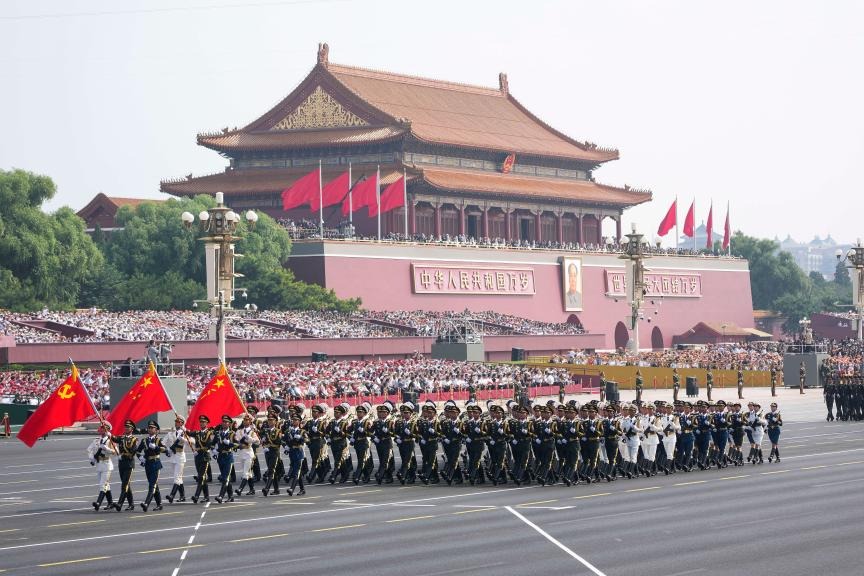Xi-Trump talks will strengthen ties

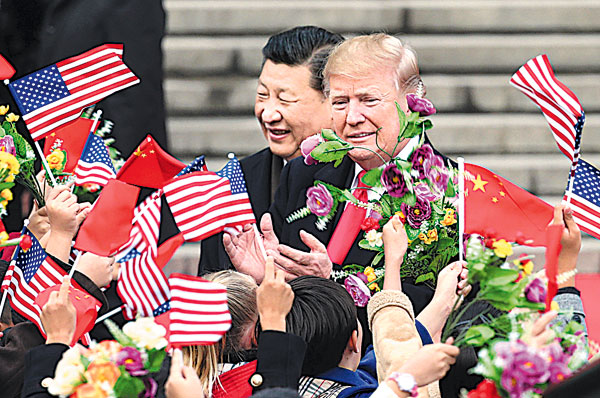 |
President Xi Jinping holds a grand ceremony to welcome US President Donald Trump at the square outside the East Gate of the Great Hall of the People in Beijing on Thursday. XU JINGXING / CHINA DAILY |
US President Donald Trump will conclude his extended visit to Asia on Tuesday, during which he has visited Japan, the Republic of Korea, China, Vietnam and the Philippines. But of all the countries on his itinerary, his three-day visit to China has been the highlight of his first trip to Asia as US president.
US-China relations are "at a new historic starting point", as President Xi Jinping said in the opening remarks at his meeting with Trump on Thursday, and cooperation is "the only correct choice" for the two countries.
That Xi's remark is indeed historic has been proven by the signing of 15 commercial documents worth a record $253.5 billion between the two sides on Nov 9, the "great chemistry" between the two leaders and the consensus on fully implementing UN Security Council resolutions on the Korean Peninsula nuclear issue and pressuring the Democratic People's Republic of Korea to halt its nuclear program.
Both presidents stressed the importance of finding peaceful resolution to the DPRK nuclear issue through dialogue and negotiation. Since last year, the DPRK has accelerated its missile and nuclear program, and conducted three nuclear tests in 20 months, for which it received strong international condemnation and sanctions.
The DPRK missile and nuclear issue was on the agenda of the Xi-Trump summit at Mar-a-Lago estate in Florida this April. The two sides agreed to toughen the international sanctions regime and put their words into practice, through trade embargo, export control, and financial screening.
During Trump's stay in Beijing, China and the US reiterated their commitment to maintain the global nonproliferation regime and not acknowledge the DPRK's status as a nuclear weapons state.
But, in contrast to the two sides' understanding, RAND Corporation recently released a report, arguing that China and the US are closer to a military confrontation now, compared with 2011, saying the tension on the Korean Peninsula and in the South China Sea could be the flash points. Such sensational reporting goes against the reality, and the trend of the times.
While Trump has often reacted strongly to Pyongyang's belligerence, the US secretaries of state and defense have repeatedly emphasized the "four noes"-no intent of changing regime (of the DPRK), no toppling of (Pyongyang's) government, no promotion of quick reunification of the two Koreas, and no advancing of US troops beyond the 38th Parallel. These are assuring responsible statements. Also, of late, the DPRK has been quiet, especially after the UN Security Council imposed its latest and most serious sanctions on Pyongyang.
It is now more than likely that Washington and Beijing will collaborate to search for more effective cooperative means to overcome the nuclear proliferation threat in the Asia-Pacific region. Instead of confronting each other, Chinese and US armed forces are more likely to converge their wisdom to thwart the nuclear threat.
The newly signed massive trade agreements between China and the US, including the purchase of US-made chipsets and soybeans, should alleviate fears over a trade war. And while emphasizing China's commitment to reform and opening-up, Xi also said it is natural for the two countries to have trade frictions even though the Chinese and US economies are highly complementary.
To endorse the principle of equality and mutual benefit, China will also ease market access to its financial sector including banking, security funds and insurance, and gradually reduce taxes on imported cars. Despite the US administration reiterating that Beijing is not manipulating its currency, Trump should realize that any unwarranted US imposition of punitive tariffs on Chinese exports to the US would cause economic damage on both sides.
As such, the two countries should seize the opportunity to further expand their markets which also suits China's economic growth. And it can be predicted that Beijing and Washington would use Trump's visit to realize the objective of making both China and the US great again.
The author is a professor and associate dean at the Institute of International Studies, Fudan University.
















